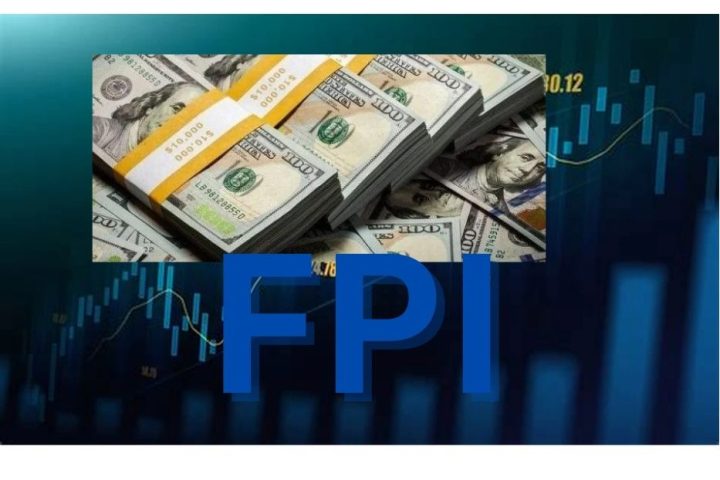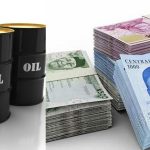Nigeria’s currency, the naira, which has been depreciating for months in the foreign exchange market, ended this week on a positive note at the rate of N1,431.49 against one US Dollar at the official market.
According to the rate quoted at the Nigeria Autonomous Foreign Exchange Market (NAFEM) where the naira and other foreign currencies are officially traded, this is a 1.50 per cent gain compared to Thursday’s closing rate of N1,453/$1.
Join our WhatsApp ChannelAccording to data published by FMDQ Exchange, the Naira recorded an intra-day high of N1,468/$1 and a low of N1,301/$1. The data also indicated a forex daily turnover of $199.7 million culminating in a total turnover of $1 billion this week alone, reflecting an improved liquidity which experts have said was needed to bring down the rate of exchange which is still high compared to what it was about nine months ago.
On the parallel market where the exchange rate trades unofficially, traders quoted between N1400 and N1480/$1.
READ ALSO: Naira Appreciates Further To ₦1,453 At Official Market
The naira has sustained its trend of appreciation since the week began on Monday, 18 March 2024 when it closed trading at N1,572.86/$1 against N1,602.75/$1 it traded on Friday, 15 March 2024 at the official market.
On Tuesday, 19 March, it gained marginally at N1,560.57, Wednesday, 20 March the naira strengthened to N1,492.61 (4.35 per cent gain), and on Thursday, it further appreciated to N1,453.
The naira has therefore recorded over 10 per cent gain in the week that ended.
Analysts have attributed this positive development to recent measures deployed by the Central Bank of Nigeria aimed at boosting liquidity and stabilise the value. The apex bank came up with a string of policies aimed at curbing the activities of speculators said to be manipulating the exchange rate.
Some of the reforms by the CBN include the unification of the exchange rates window, liberalisation of the FX market (rates to be determined by forces of demand and supply), clearing backlogs of FX commitments to banks and airlines, limit on banks’ net open position and reform of the Bureau de Change (BDC) operations among others.
Some also attributed the drop in the rate of exchange to currency speculators dumping their dollar stock in the market because of waning demand.
The CBN also reported a significant increase in Nigeria’s external reserve by $993 million to $34.11 billion as of 7 March 2024, the highest in eight months.
Despite the positive development so far, an economic expert, Marcel Okeke, believes that the development does not yet call for celebration when compared to what the rate was before devaluation took place in June.
According to Okeke, a former Chief Economist at Zenith Bank, the volatility in the foreign exchange market has caused severe impact on the economy. He called for measures to increase the supply of forex to meet demands in the market and for the government on the fiscal side, to step up measures in tackling insecurity across the country that poses a threat to oil production output and agricultural productivity.
Victor Ezeja is a passionate journalist with seven years of experience writing on economy, politics and energy. He holds a Master's degree in Mass Communication.


















Follow Us